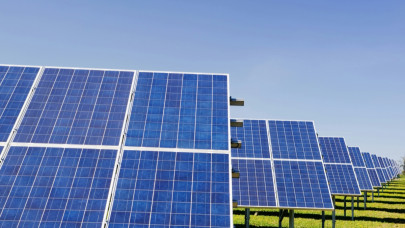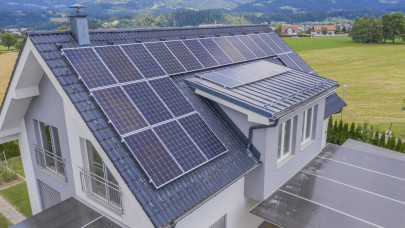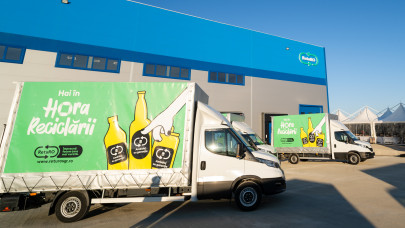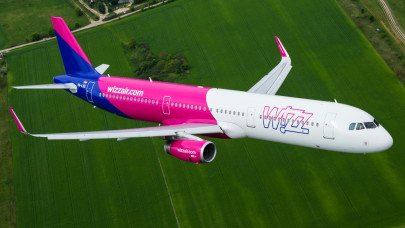These measures encompass a standardized methodology for detecting microplastics in water and a delegated act ensuring the safety of reusing treated wastewater for agricultural irrigation.
The adoption of a harmonized, standard methodology addresses the challenge posed by the varied methods used across the EU for measuring microplastics in drinking water, facilitating easier comparison and interpretation of monitoring results.
Additionally, the Commission's adoption of a delegated act on water reuse delineates essential technical aspects for consideration in crafting risk management plans. These aspects encompass the processes involved in the production, storage, and distribution of reclaimed water, as well as the identification of potential hazards and risks associated with wastewater reuse.
Furthermore, the Commission issued a notice to assist Member States in defining the 'good environmental status' of seas and adhering to threshold values conducive to the sustainable utilization of marine resources.
Within this notice, the Commission clarified that threshold values, such as those of maximum allowable levels of underwater noise or litter on beaches, agreed upon by Member States at the EU level or through regional cooperation, should inform updates to marine strategies under the Marine Strategy Framework Directive by October 2024. Employing agreed standards and defining parameters for assessing the 'good environmental status' of seas not only provides economic operators with certainty regarding sustainable sea use but also helps prevent significant or irreversible harm to marine life and habitats.













